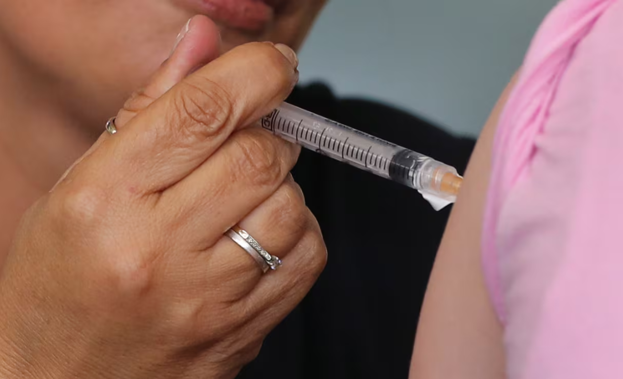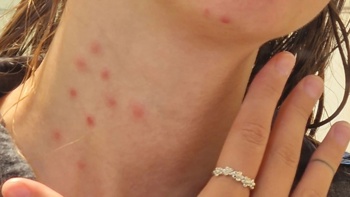
The University of Auckland is reminding students to remain vigilant about the risk of meningococcal disease after a student in the university’s halls of residence contracted the disease.
The student, who lives at Carlaw Park Student Village, is being treated in hospital, according to the University of Auckland’s associate director of health Angus Clark.
“We wish them a full and speedy recovery,” Clark told students in a written notice.
The university is working with Auckland Regional Public Health Service to identify potential close contacts - currently restricted to three people who shared the student’s accommodation. No further cases of meningococcal have been confirmed in the group “at this stage”.
“Meningococcal disease is a serious, but treatable, condition that requires close and prolonged exposure to an infected person for someone else to contract,” Clark wrote.
That meant there was only a low risk to others at the university - “however, we encourage you to remain vigilant”.
Anyone aged 13-25 years old entering university residence in the next three months, or who is in their first year of living in a university residence, may be eligible for free meningococcal vaccinations.
What is meningococcal disease?
Meningococcal disease is an uncommon but life-threatening bacterial infection that lead to two serious illnesses: meningitis (an infection of the membranes that cover the brain) and septicaemia (blood poisoning).
It is passed between people via respiratory droplets - usually through coughing or sneezing - and saliva.
Symptoms of meningococcal disease can be difficult to diagnose but can progress quickly, becoming deadly within a few hours.
Along with headaches, fever and a sore neck, patients may also present with a rash, cold hands and feet, vomiting or muscle aches.
Survivors often have serious long-term effects, including amputation and hearing loss.
It’s recommended anyone who moves into a boarding school or hostel gets vaccinated against the disease, with further information available from Health NZ.
Take your Radio, Podcasts and Music with you









